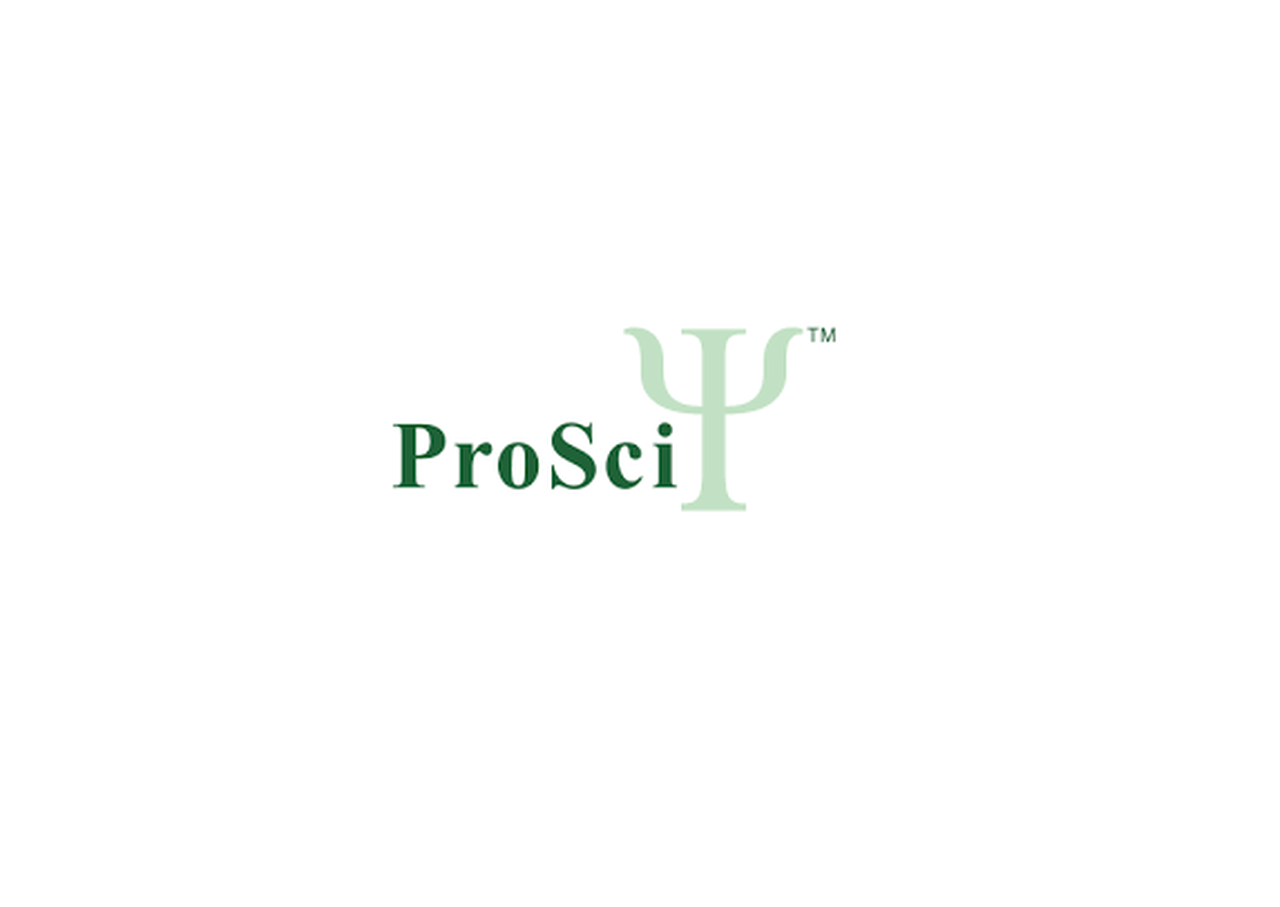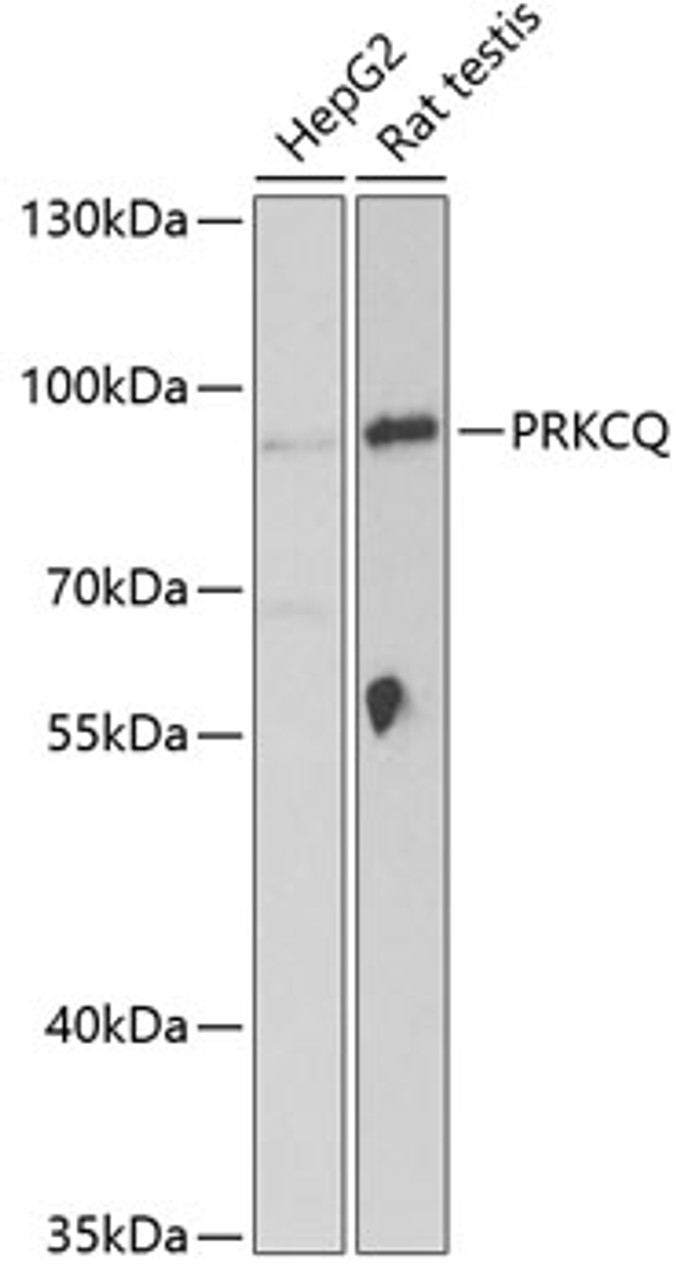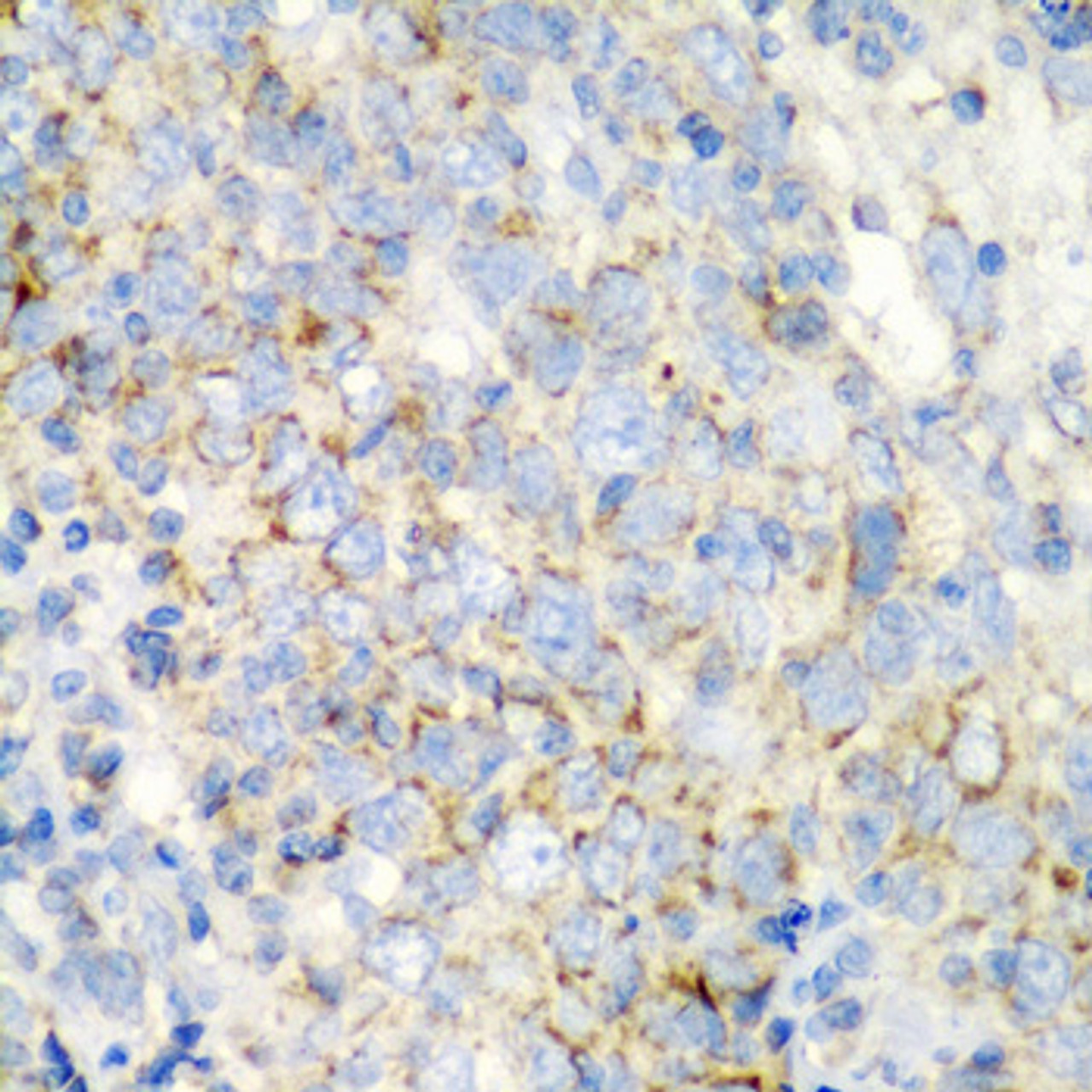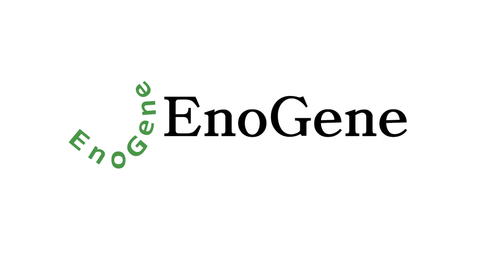Product Description
PRKCQ Antibody | 19-889 | ProSci
Host: Rabbit
Reactivity: Human, Mouse, Rat
Homology: N/A
Immunogen: Recombinant fusion protein containing a sequence corresponding to amino acids 1-230 of human PRKCQ (NP_006248.1) .
Research Area: Apoptosis, Cancer, Cell Cycle, Immunology, Signal Transduction
Tested Application: WB, IHC
Application: WB: 1:500 - 1:2000
IHC: 1:50 - 1:200
Specificiy: N/A
Positive Control 1: HepG2
Positive Control 2: Rat testis
Positive Control 3: N/A
Positive Control 4: N/A
Positive Control 5: N/A
Positive Control 6: N/A
Molecular Weight: Observed: 82kDa
Validation: N/A
Isoform: N/A
Purification: Affinity purification
Clonality: Polyclonal
Clone: N/A
Isotype: IgG
Conjugate: Unconjugated
Physical State: Liquid
Buffer: PBS with 0.02% sodium azide, 50% glycerol, pH7.3.
Concentration: N/A
Storage Condition: Store at -20˚C. Avoid freeze / thaw cycles.
Alternate Name: Protein kinase C theta type, nPKC-theta, PRKCQ, PRKCT
User Note: Optimal dilutions for each application to be determined by the researcher.
BACKGROUND: Protein kinase C (PKC) is a family of serine- and threonine-specific protein kinases that can be activated by calcium and the second messenger diacylglycerol. PKC family members phosphorylate a wide variety of protein targets and are known to be involved in diverse cellular signaling pathways. PKC family members also serve as major receptors for phorbol esters, a class of tumor promoters. Each member of the PKC family has a specific expression profile and is believed to play a distinct role. The protein encoded by this gene is one of the PKC family members. It is a calcium-independent and phospholipid-dependent protein kinase. This kinase is important for T-cell activation. It is required for the activation of the transcription factors NF-kappaB and AP-1, and may link the T cell receptor (TCR) signaling complex to the activation of the transcription factors.
 Euro
Euro
 USD
USD
 British Pound
British Pound
 NULL
NULL












